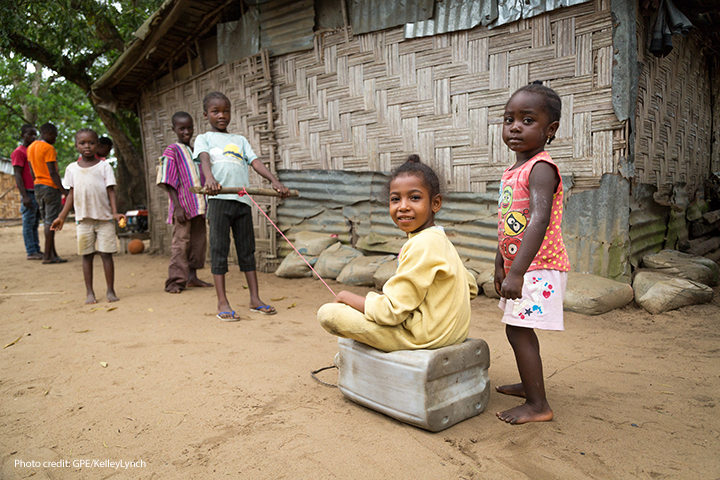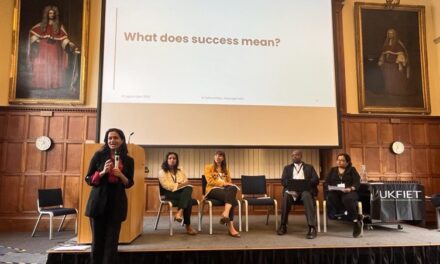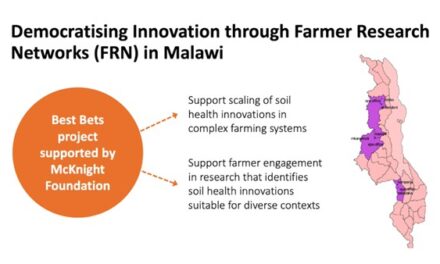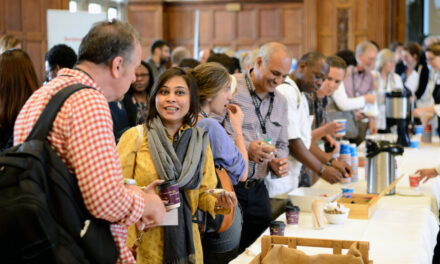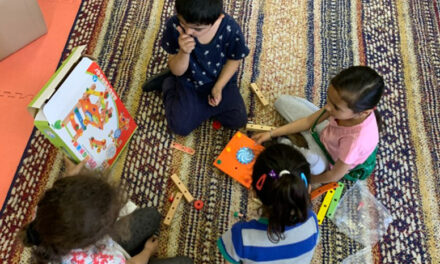Interview with theme convenors of one of six 2023 UKFIET conference themes, ‘Holistic learning processes and outcomes’: Jaya Gajparia, Senior Lecturer in Sociology, London South Bank University, and Anita Reilly, education consultant.
What excites you about your theme?
SDG 4 defines quality education as going beyond academic competencies and attainment, to promoting and facilitating well-being of the self and of the other. Inclusion and equity are at the heart of delivering quality education and lifelong learning which aligns with the skills and values of holistic education in several ways, such as nurturing critical thinking, collaboration, and empathy. The conference theme of holistic education which aims to develop the whole person itself isn’t new – educationalists have been debating and advocating for a more holistic approach to educating and nurturing learners for some time. However, what is ever-changing is the challenges that societies face and the ways in which we can draw on holistic education to inform how learning is experienced and how it can be applied in practice beyond the classroom.
What we are excited about learning in the conference is uncovering what we mean by holistic education and re-examining as we think through how best to prepare children and youth to confront challenges and critically interrogate the complexities of the local to global issues. Bringing together educationalists and organisations for a meaningful conversation with an opportunity to capacity share about the issues they have been grappling with. We envision the conversations will lead to interesting insights such as:
- What are the different ways of conceptualising holistic education?
- Identifying the skills, values and competencies are being prioritised.
- Revaluating what has worked to develop these competencies.
- Mapping how teachers are being supported to deliver holistic learning.
- Rethinking what successful holistic education looks like at the systems level, the school level, in classrooms and indeed beyond.
Bringing together a diverse audience will expose new ways of thinking about how best to develop socially responsible, environmentally conscious, learners who are equipped with the knowledge, skills, and values to contribute positively to their communities and the world.
How does this link to the overall 2023 conference theme?
There is an interplay with social and environmental justice and the holistic competencies and values we ideally aim to develop in children and in youth. For example, global learning/ global citizenship education aims to get children to investigate the world beyond their immediate environment, reflect on how their actions affect others and the planet (systems thinking), and to translate their ideas into actions that improve the environment for everyone. Social emotional skills are also part of holistic learning and development and areas such as pro-social skills, empathy, communication and recognising the perspectives of others, closely linked to education for social justice. Both the theme of holistic education and the wider theme of the conference are both concerned with how to equip children and youth for a rapidly changing and unpredictable world.
What kinds of papers/events would you like to see submitted under your theme?
We look forward to reading about the key debates, frameworks and the key foundational principles of holistic learning that are central to social and environmental justice – and particular areas of new thinking. And learning more about:
- The skills, values and competencies that are prioritised.
- The approaches to supporting teachers and the pedagogical approaches that work to build key competencies.
- The spaces that holistic education is taking place in – perhaps beyond the traditional classroom.
- Changes and approaches at the system and policy level.
- The successful outcomes of holistic education programs – and what has worked to get there.

